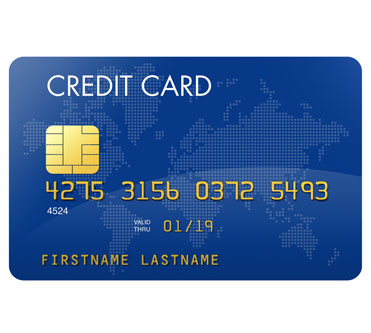UNU was created by a company called Unanimous AI. Per their website, "UNANIMOUS A.I. develops technologies for Swarm Intelligence, allowing groups to combine their thoughts and feelings in real-time, to answer questions, make decisions, or just have fun." What that means is that they're making use of the idea that asking a large group of people to answer questions is generally going to lead to the best answer, regardless of how much the individuals know about the subject matter.
The site itself is pretty easy to use. You can participate as a guest at first, or create a free account which allows greater participation. There are various rooms to choose from on topics of all kinds, from sports to politics to investing. Once in a room, there's the usual chat room functionality as well as the ability to ask a question to the room at large. Questions are answered by everyone in the room pulling a "puck" onto the answer they like best, using their mouse as a magnet.
 |
| Example question. You can see the "puck" in the upper left being moved around by various people's magnet icons. |
Like all Internet chat rooms, the UNU rooms have a low signal-to-noise ratio. Dropping into a random room for a few minutes isn't likely to yield anything particularly interesting, but when there's an organized event asking coherent questions some useful answers can be obtained. The UNU blog has quite a few examples of the swarm picking winners in sports, politics, finance, etc.
Since this is only a beta at the moment, the participation is fairly low. Most rooms are capped at 100 participants, and they rarely fill up even during the peak hours of 8 PM to midnight (US Eastern time). I hope they're able to get through this beta period and scale up, because I think it would be much more interesting to see answers generated from a swarm of a few thousand participants. Even with fairly small groups, though, it's an interesting experiment that deserves a look.








